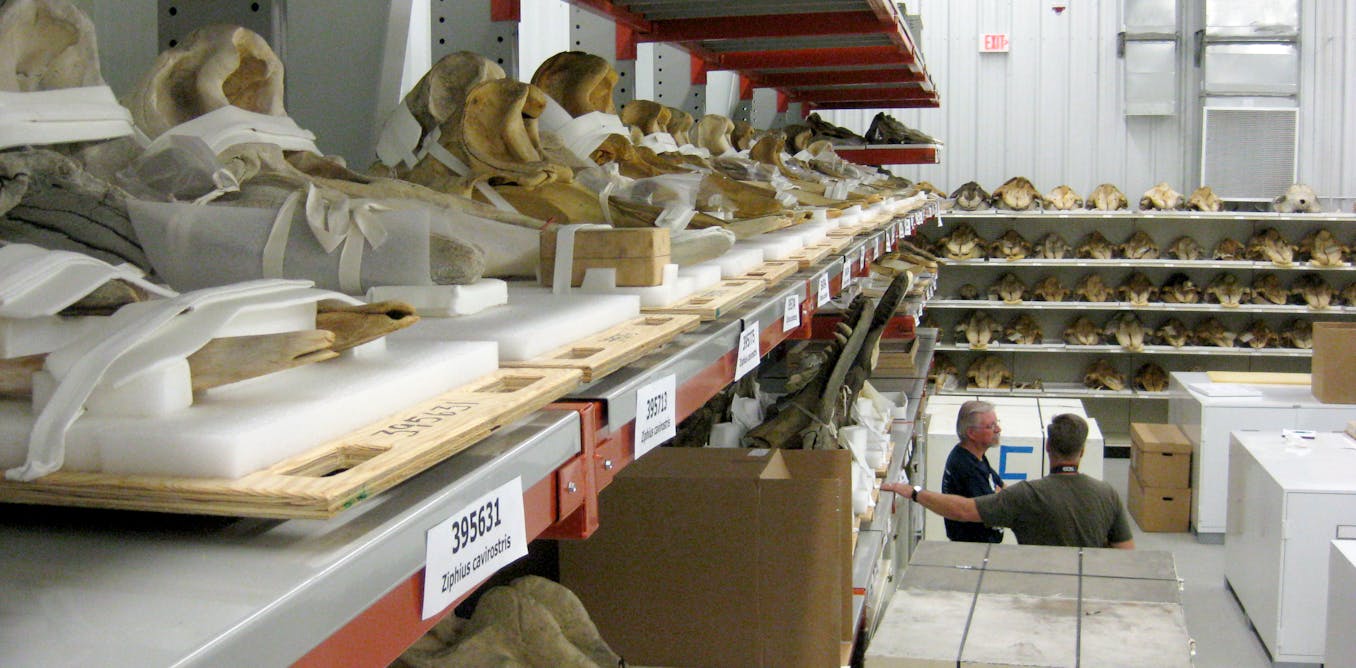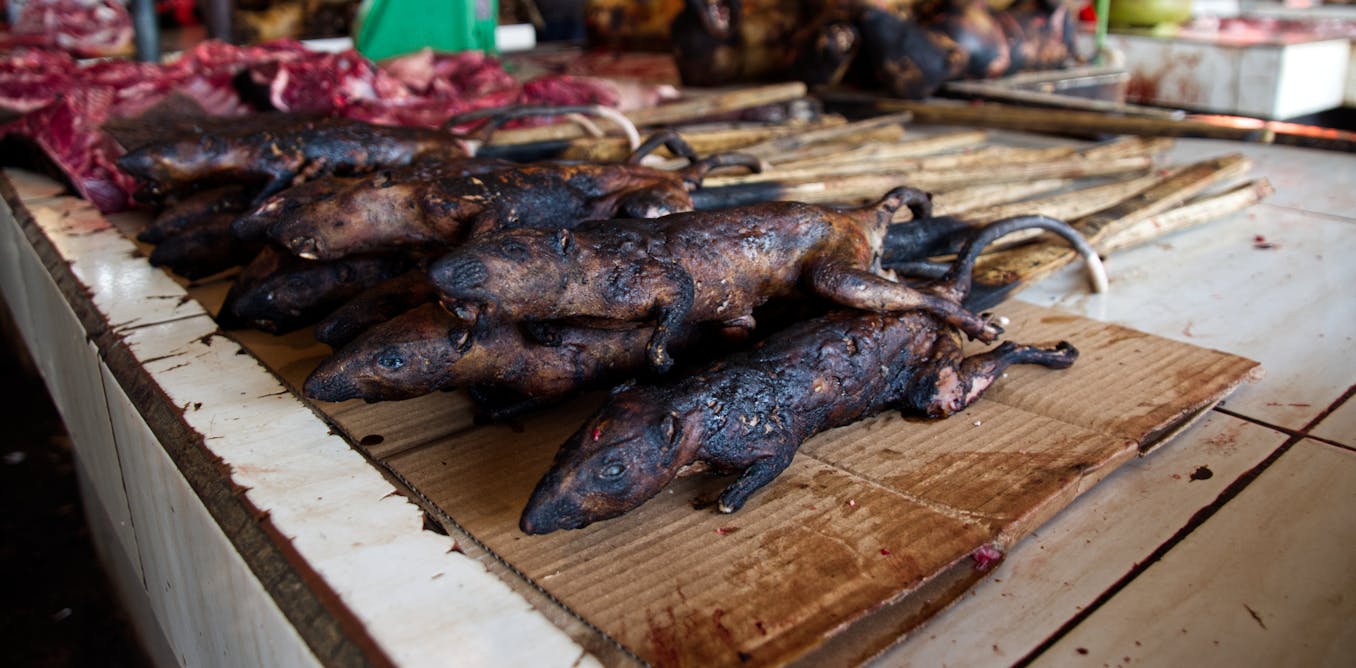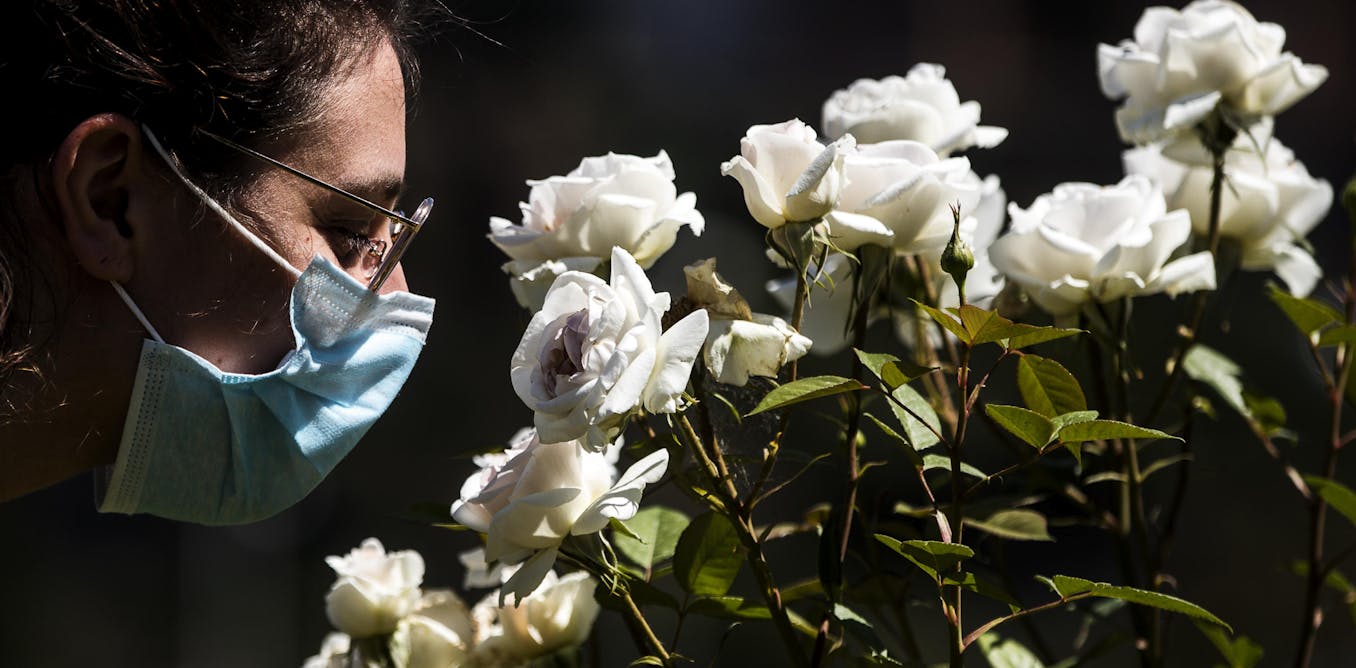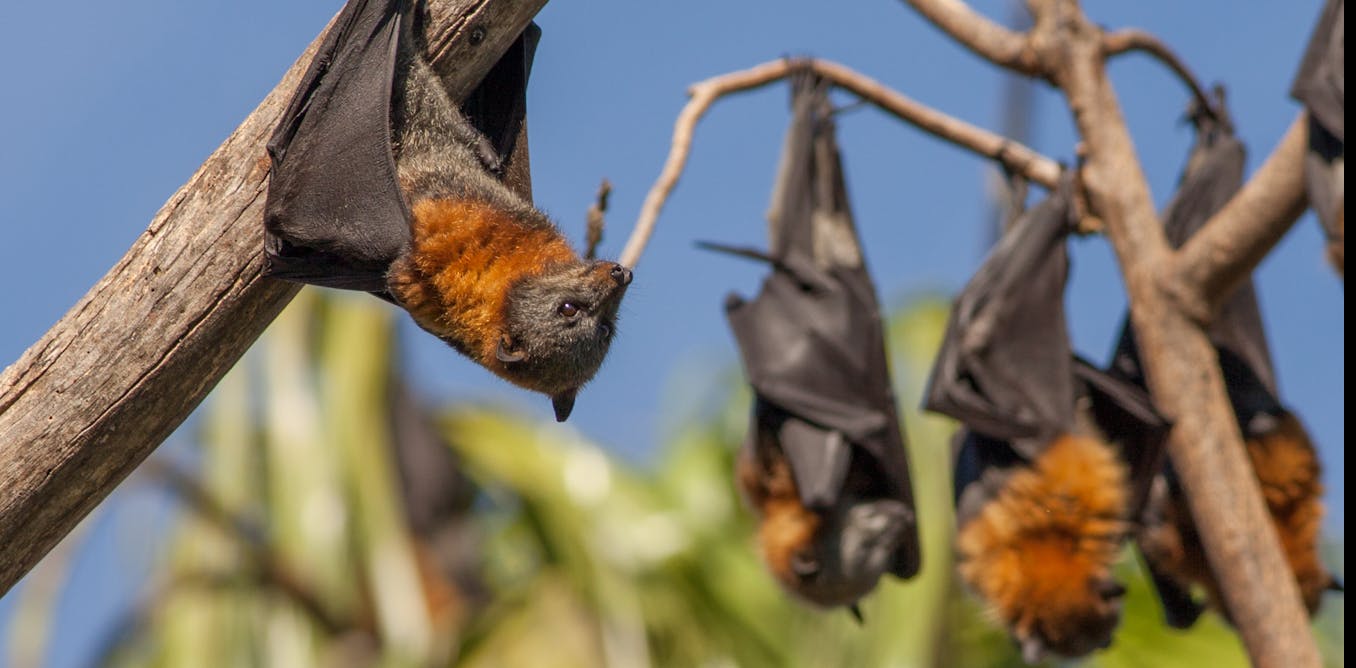Museum specimens could help fight the next pandemic – why preserving collections is crucial to future scientific discoveries
Specimen preservation means researchers don't need to reinvent the wheel each time they ask a new question, making it critical for the advancement of science. But many specimens are discarded or lost.
Dec. 16, 2020 • ~11 min







